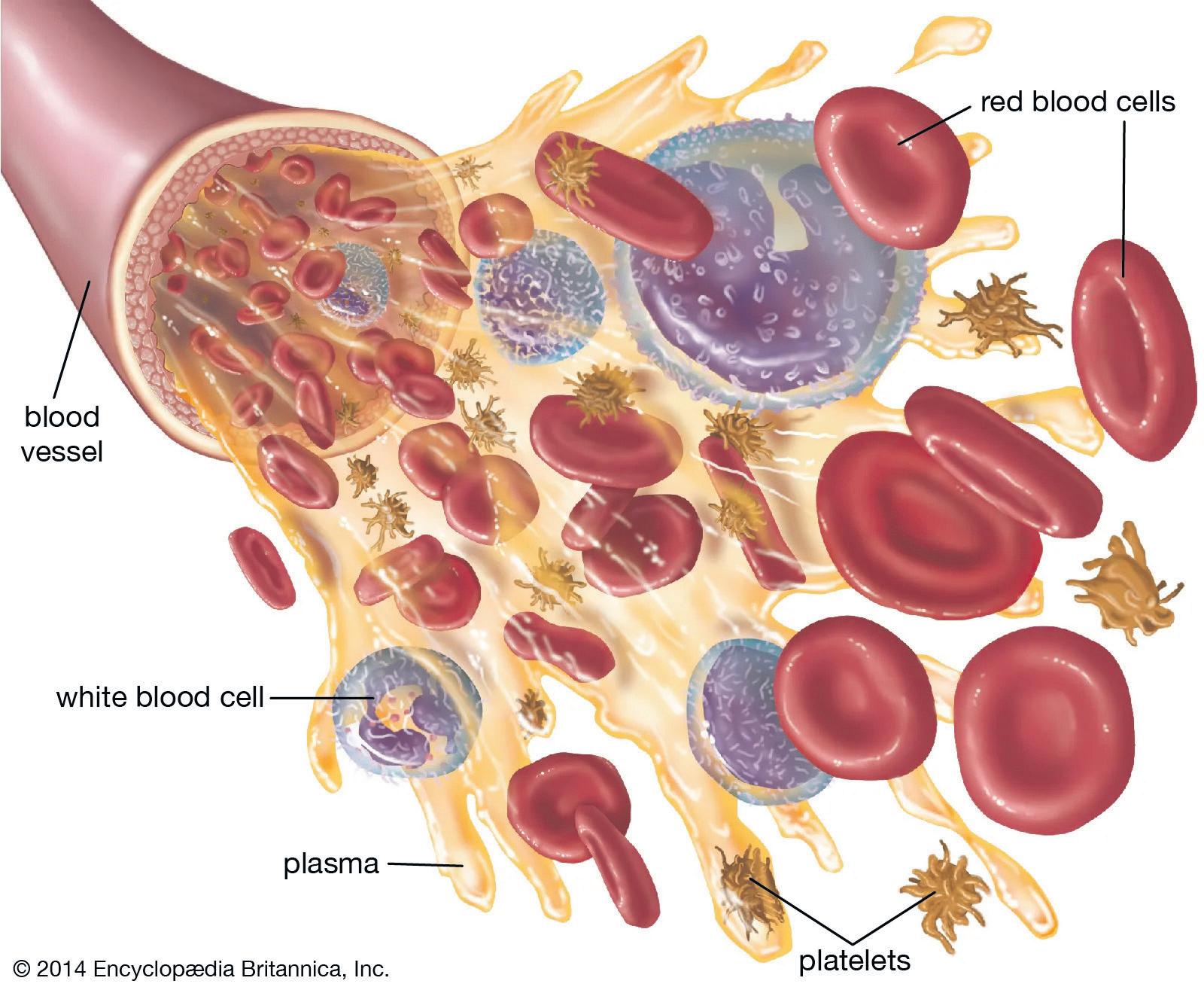
1 minute read
KEY MECHANISM IDENTIFIED FOR REDUCING CHRONIC INFLAMMATION IN CARDIOVASCULAR DISEASES
A breakthrough discovery in understanding how white blood cells move in the body could pave the way for new treatments for chronic infammation-related diseases including cardiovascular diseases, according to a recent study from the Centenary Institute.
Published in the prestigious journal Circulation Research, the study investigated the movement of neutrophils, a type of white blood cell that is an essential part of the immune system.
Neutrophils, the frst responders when there’s an injury or infection, move from blood vessels to the site of injury and initiate infammation and healing. However, prolonged retention of neutrophils, such as at the site of vascular injury, can result in chronic infammation and a build-up of atherosclerotic plaques that can lead to strokes and heart attacks.
Dr Joyce Chiu, lead author of the study, from the ACRF Centenary Cancer Research Centre, said that the team had uncovered the method by which neutrophils unstick from blood vessels as they move towards the site of injury. This mechanism, she said, could be potentially harnessed to reduce chronic infammation by preventing the movement of neutrophils to certain areas of the body.
“Molecules known as integrins help neutrophils stick to the walls of blood vessels, to prevent the cells from being carried away by blood fow. To move to the site of injury, neutrophils must stick and unstick from blood vessel walls. While we knew how integrins helped neutrophils stick, we did not know how they unstick,” said Dr Chiu.
According to Dr Chiu, the study discovered that a molecule called protein disulfde isomerase (PDI), secreted by neutrophils, plays a crucial role in helping the cells unstick from blood vessels as they move towards the site of injury.
Dr Chiu believes that this fnding suggests that PDI could be a target for new drugs to treat chronic infammation in diseases including cardiovascular diseases.
“New drugs can be designed to inhibit PDI, to keep neutrophils from ‘unsticking’ and migrating from blood vessel walls. Preventing neutrophils from moving around can help prevent chronic infammation by










